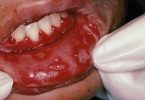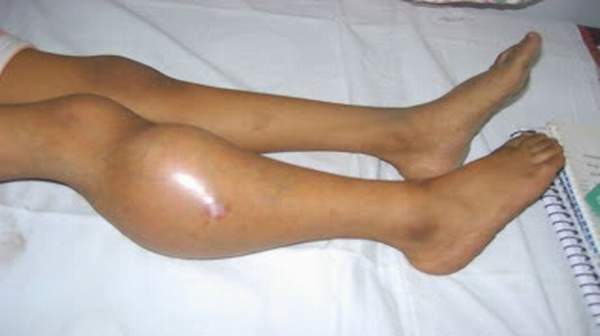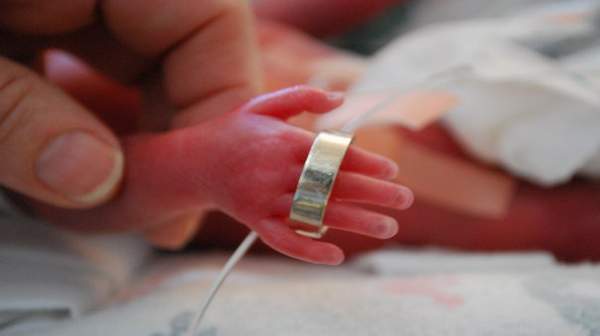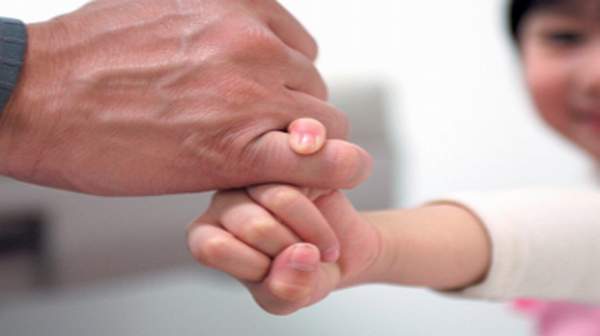Baby Acne Definition
Baby acne is acne that develops on a newborn’s skin. Baby acne can occur anywhere on the face, but usually appears on the cheeks, nose and forehead. Baby acne is common and temporary. There’s little you can do to prevent baby acne. The best treatment for baby acne is usually none at all.
What could be causing my baby’s acne?
As with adolescent acne, there’s no clear answer. Experts often point to the hormones that babies receive from their mother at the end of pregnancy as a cause of baby acne. But researchers continue to study other factors and have yet to agree on one cause.
Symptoms of Baby Acne
Baby acne is usually characterized by small red bumps or pustules on a baby’s cheeks, nose and forehead. It often develops within the first two to four weeks after birth. Baby acne may look worse when your baby is fussy or crying.
Many babies also develop tiny white bumps on the nose, chin or cheeks. These are known as milia.
How long will it last?
Baby acne usually clears up within a few weeks, but it can linger for months. If it doesn’t clear up within three months, or you’re concerned about it, talk with your baby’s doctor. The doctor may prescribe a mild topical medication if the acne is long lasting or severe.
Persistent baby acne may be a clue that your child will deal with acne when he’s a teenager, too.
What can I do about my baby’s complexion in the meantime?
Here are some do’s and don’ts:
- Don’t use over-the-counter acne medicines.
- Don’t scrub. Baby acne isn’t caused by dirt. In fact, too much washing can further irritate your baby’s skin, so don’t overdo it.
- Don’t put oily lotions on your baby’s skin. These can make the acne worse. Some parents report that certain non-oily creams have helped their baby’s acne. If you try one, monitor how it affects your baby’s skin, and be prepared to stop using it if it makes his complexion worse.
- Do: Simply wash your baby’s face with mild baby soap and water once a day. Gently pat it dry.
- Do: Have patience. Your baby’s acne doesn’t bother him in the least, so try not to let it bother you, either.
Making Doctors for your appointment
If you’re following a standard well-baby exam schedule, your baby will likely visit with your family doctor or pediatrician soon. These regular appointments offer a good opportunity to discuss concerns about your baby’s health. For baby acne, some basic questions to ask your doctor include:
- Is my baby’s condition likely temporary or long lasting?
- What treatments are available?
- Are there any skin care restrictions I need to follow?
How to Treat Baby Acne
Treat it.Wash Baby’s face daily with a gentle cleanser. If the acne is severe or you notice deep cysts, notify your pediatrician. He may prescribe a topical treatment or oral antibiotics. Also call the doc if neonatal acne lasts longer than 4 to 6 months, so he can check for a hormonal disorder.
Avoid irritation.Scrubbing the skin and using harsh cleansers are not recommended, as they can irritate Baby’s sensitive skin.





